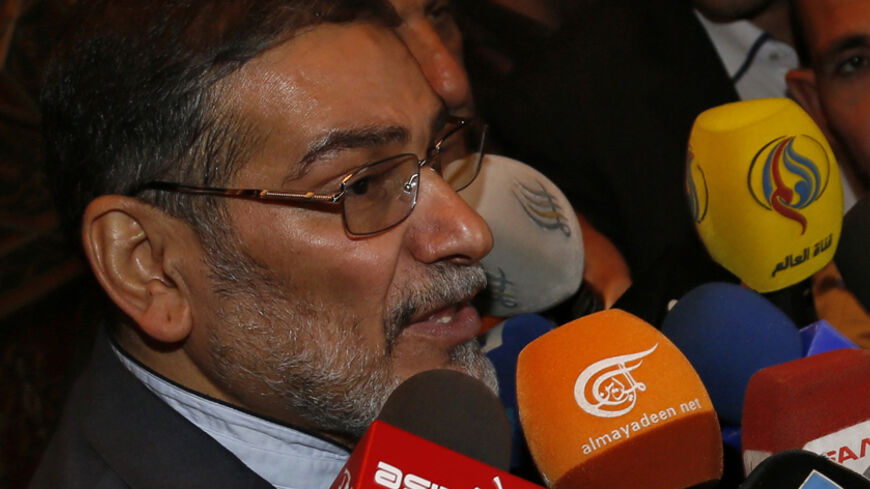The secretary of Iran’s Supreme National Security Council, Ali Shamkhani, acknowledged not only that US President Barack Obama had written letters to Iran’s supreme leader, but also that there have responses to some of them.
“The letters of the American president have a history of some years, and in some instances, there have been responses to these letters,” said Shamkhani Nov. 12 at a weekly meeting of national security officials.



